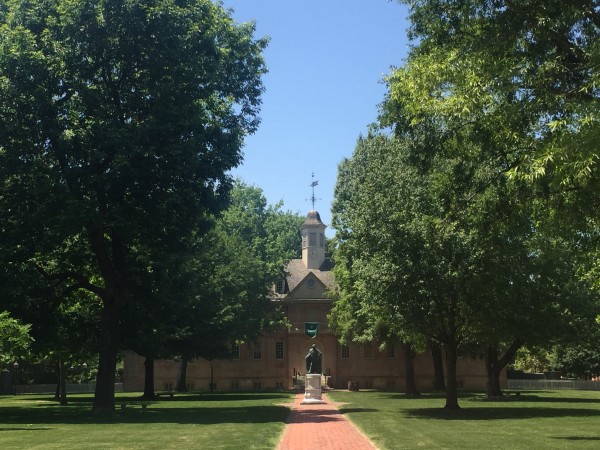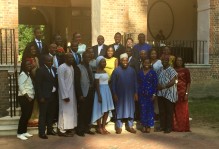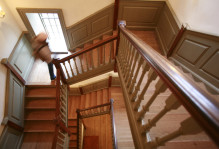Lemon Project Committee On Memorialization
 William & Mary has an illustrious history. It is Virginia’s oldest college, the second institution of higher education founded in British North America prior to the American Revolution, and it has the oldest college building in the nation. It is also the only university in the nation granted a royal charter directly from British monarchy, and it is alma mater to three United States presidents. These are impressive historical credentials by any measure. William & Mary, as a “Public Ivy”, is well respected today for rigorous academics and dynamic students, alumni, professors, and staff who are very involved in their communities and in the world. William & Mary’s history is impressive yet also complicated.
William & Mary has an illustrious history. It is Virginia’s oldest college, the second institution of higher education founded in British North America prior to the American Revolution, and it has the oldest college building in the nation. It is also the only university in the nation granted a royal charter directly from British monarchy, and it is alma mater to three United States presidents. These are impressive historical credentials by any measure. William & Mary, as a “Public Ivy”, is well respected today for rigorous academics and dynamic students, alumni, professors, and staff who are very involved in their communities and in the world. William & Mary’s history is impressive yet also complicated.
One cannot separate William & Mary’s celebrated history from that of its slave-owning past. The early university was built, run, and funded on the backs of enslaved laborers. The university’s seventeenth and eighteenth-century campus, today referred to as the Historic Campus, was undoubtedly built by enslaved laborers. Slaves, some owned by W&M and others brought by and owned by professors and students, did much of the work to keep the early college running. Prior to the American Revolution, funds from both the colony and from the crown came from the slave trade. The funds coming from England to W&M were tied into a firm involved in the international slave trade according to college research as well as the work of historian Craig Steven Wilder in Ebony & Ivy: Race, Slavery, & the Troubled History of America’s Universities.
Today, students, faculty, staff, alumni, and community members call for the university to erect a memorial on campus to the slaves who built, worked, and lived in William & Mary. The Lemon Project Committee on Memorialization (LPCOM) has formed to spur this into action. It is the hope of this committee that this memorial will end up on the part of campus known as the Historic Campus, the area of campus slaves built, worked, and lived in.
For more information, see the LPCOM website. There is also a place there for you to offer your feedback.
Comments are currently closed. Comments are closed on all posts older than one year, and for those in our archive.




Wonderful! If you need my help as an experienced researcher, simply ask.